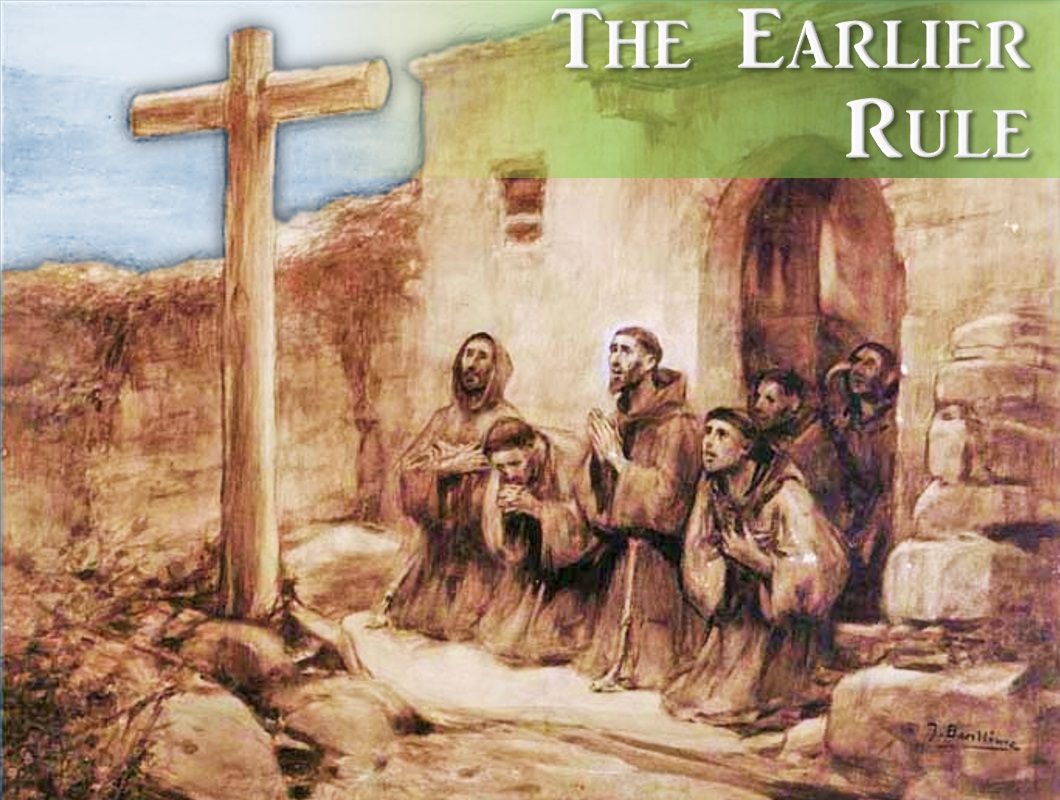In the previous reflection, we mentioned prayer and fasting. Both the life of prayer and the life of fasting can be summarized in one word: Penance. But this does not mean that the “life of penance” is reduced only to those two aspects, namely, prayer and fasting.
At the beginning of these reflections, we said that the 800th anniversary of the Earlier Rule was an invitation for us to return to, and drink from, the Source. Understanding what St. Francis meant by the “life of penance” is the key to living our spiritual, ecclesial and social life at this time and in any of our contexts, whether here in Europe, or Latin America or China. What then is the “life of penance”?
Many times we have reduced this concept to the performance of simple external acts, indicated by the liturgical season, for example, Lent. We can reduce the life of penance to the simple act of eating or not eating meat on Fridays or, worse, falling into superficial practices, making moral pronouncements that only lead us to pride. It is true that the life of penance includes prayer and fasting, but it is much more. In fact, St. Francis writes in his Testament:
“The Lord gave me, Brother Francis, thus to begin doing penance in this way: for when I was in sin, it seemed too bitter for me to see lepers. And the Lord Himself led me among them and I showed mercy to them. And when I left them, what had seemed bitter to me was turned into sweetness of soul and body. And afterwards I delayed a little and left the world” (Testament 1-3; FF 110).
For Francis, doing penance was loving God, because loving God implied a process of continuous conversion, a process that often hurt, demanded and provoked. This is why we call it the “life of penance,” because it is a journey that we travel throughout our lives, every year of our lives, every month, every day, every hour, minute and second of our existence. The Poverello of Assisi writes about this in his Letter to the Faithful:
“All those who love the Lord with their whole heart…and love their neighbors as themselves…and who produce worthy fruits of penance. O how happy and blessed are these men and women while they do such things and persevere in doing them”… (Earlier Exhortation I, 1-5; FF 178 / 1-2).
St. Francis was not referring to those who did not carry out certain customs or works during the Lenten season. He was referring to something much deeper. Penance is the effort we make to live the Gospel, which requires a continuous journey of conversion.
“We are the penitents of Assisi,” said St. Francis before the pope. Today, we too can say, “we are the penitents of Zambia,” “we are the penitents of Chicago,” “we are the penitents of Korea” and thus we could continue to name places all over the world.
In a word, the “life of penance” is, at its core, a process of conforming ourselves to Christ in response to God’s love.
Until the next reflection!
See you next time!
Friar Elio J. ROJAS



















